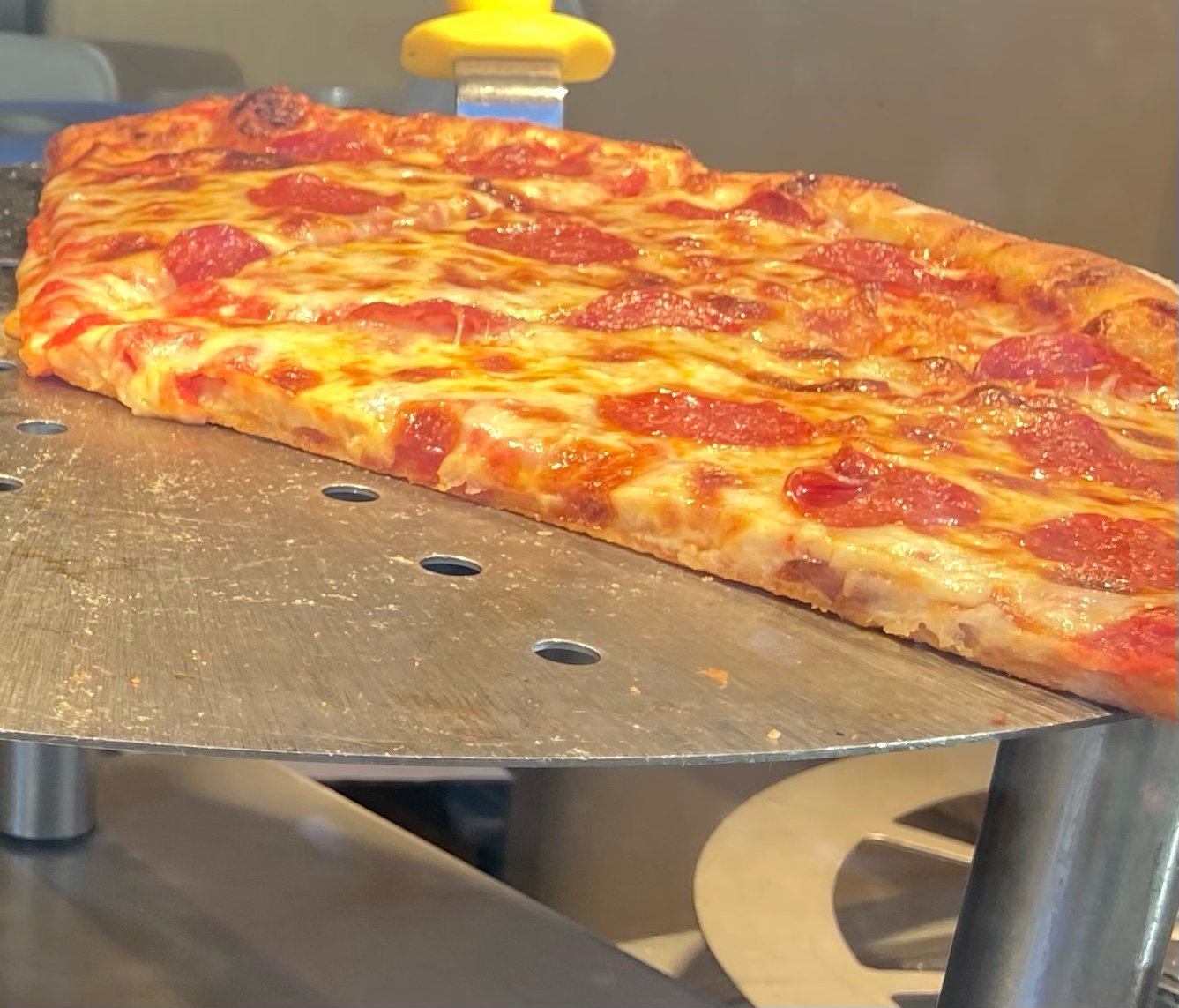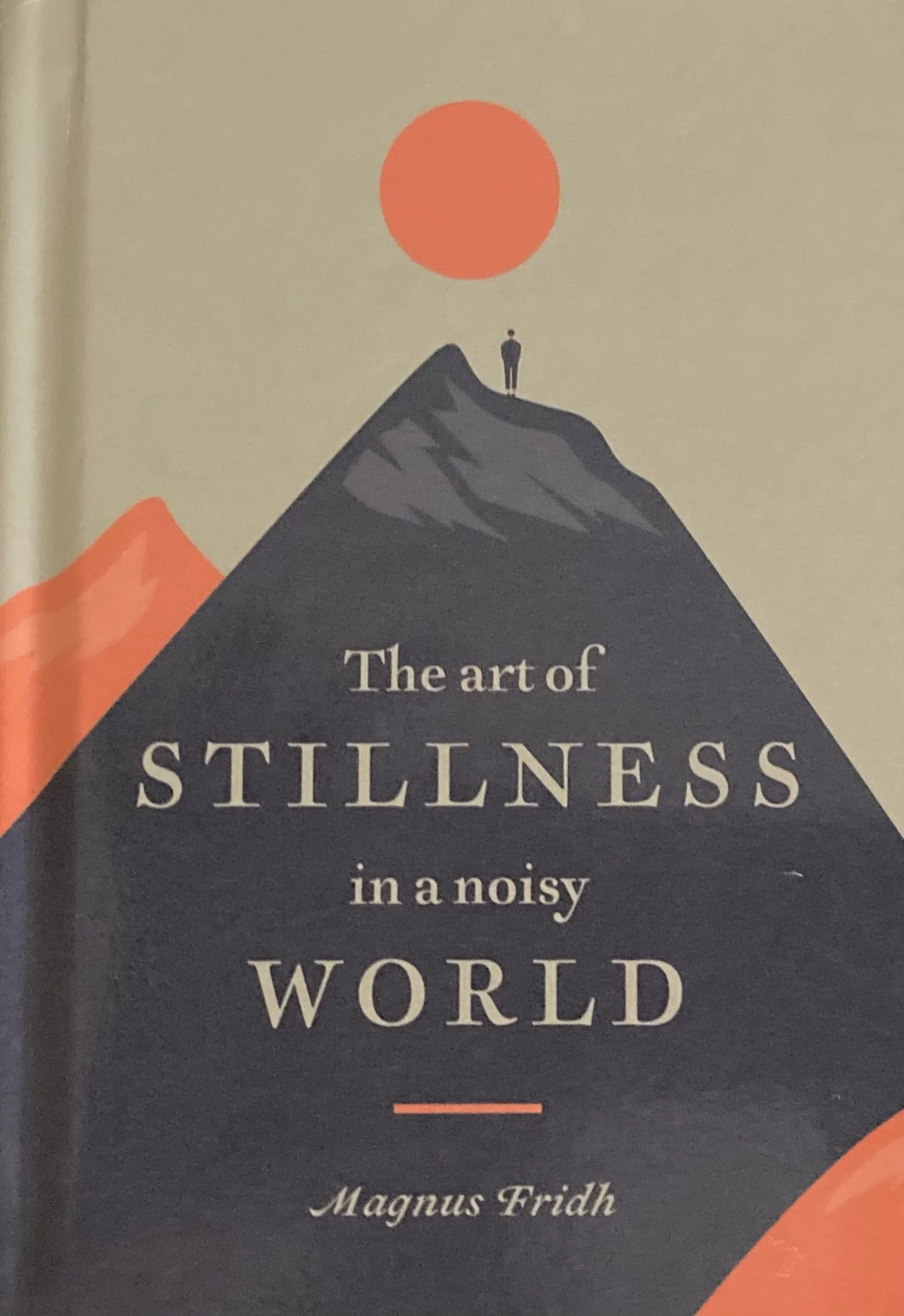Lack of sleep can result in unhealthy snacking
An analysis of data of almost 20,000 Americans showed a link between unhealthy snacking and a lack of sleep. The data included adults aged 20 to 60 who slept an average of less than seven hours per night and found that they were far more likely to snack during the day on food made up of unhealthy processed carbohydrates with added fat, sugar and even caffeine. The data was from adults that had participated in the National Health and Nutrition Examination Survey from 2007 to 2018.
The recommended amount of sleep for healthy adults is seven to nine hours per night. The best way to achieve good sleep hygiene is to keep good sleep habits, for example following a routine, lowering bright lights in the home; turning off electronics, having a warm bath will help establish a pattern that relaxes the mind and body. Avoiding alcohol and caffeine also helps as does an active lifestyle during the day with fresh air and physical exercise. When it becomes dark especially earlier during the winter months our bodies produce melatonin, a sleep hormone that promotes healthy sleep, during summer months it can be useful to use sleep masks and blackout blinds to promote darkness helping aid restful sleep. White noise machines (often pink noise including waves and gentle rain) can also be useful to block out sounds that might disturb us during sleep. There might be times during our lives when sleep isn’t easy, stress and anxiety can lead to sleepless nights. During the menopause disturbed sleep patterns are common due to hormonal changes, night sweats and other factors.


